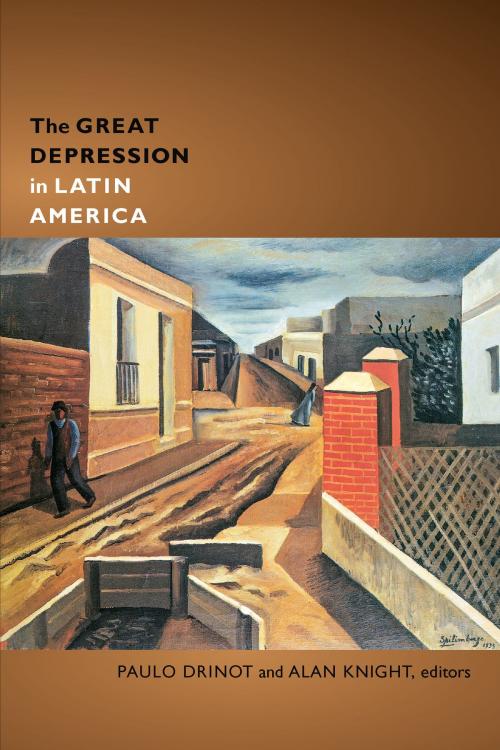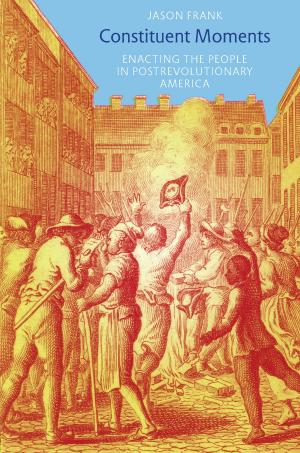| Author: | ISBN: | 9780822376248 | |
| Publisher: | Duke University Press | Publication: | September 18, 2014 |
| Imprint: | Duke University Press Books | Language: | English |
| Author: | |
| ISBN: | 9780822376248 |
| Publisher: | Duke University Press |
| Publication: | September 18, 2014 |
| Imprint: | Duke University Press Books |
| Language: | English |
Although Latin America weathered the Great Depression better than the United States and Europe, the global economic collapse of the 1930s had a deep and lasting impact on the region. The contributors to this book examine the consequences of the Depression in terms of the role of the state, party-political competition, and the formation of working-class and other social and political movements. Going beyond economic history, they chart the repercussions and policy responses in different countries while noting common cross-regional trends--in particular, a mounting critique of economic orthodoxy and greater state intervention in the economic, social, and cultural spheres, both trends crucial to the region's subsequent development. The book also examines how regional transformations interacted with and differed from global processes. Taken together, these essays deepen our understanding of the Great Depression as a formative experience in Latin America and provide a timely comparative perspective on the recent global economic crisis.
Contributors. Marcelo Bucheli, Carlos Contreras, Paulo Drinot, Jeffrey L. Gould, Roy Hora, Alan Knight, Gillian McGillivray, Luis Felipe Sáenz, Angela Vergara, Joel Wolfe, Doug Yarrington
Although Latin America weathered the Great Depression better than the United States and Europe, the global economic collapse of the 1930s had a deep and lasting impact on the region. The contributors to this book examine the consequences of the Depression in terms of the role of the state, party-political competition, and the formation of working-class and other social and political movements. Going beyond economic history, they chart the repercussions and policy responses in different countries while noting common cross-regional trends--in particular, a mounting critique of economic orthodoxy and greater state intervention in the economic, social, and cultural spheres, both trends crucial to the region's subsequent development. The book also examines how regional transformations interacted with and differed from global processes. Taken together, these essays deepen our understanding of the Great Depression as a formative experience in Latin America and provide a timely comparative perspective on the recent global economic crisis.
Contributors. Marcelo Bucheli, Carlos Contreras, Paulo Drinot, Jeffrey L. Gould, Roy Hora, Alan Knight, Gillian McGillivray, Luis Felipe Sáenz, Angela Vergara, Joel Wolfe, Doug Yarrington















